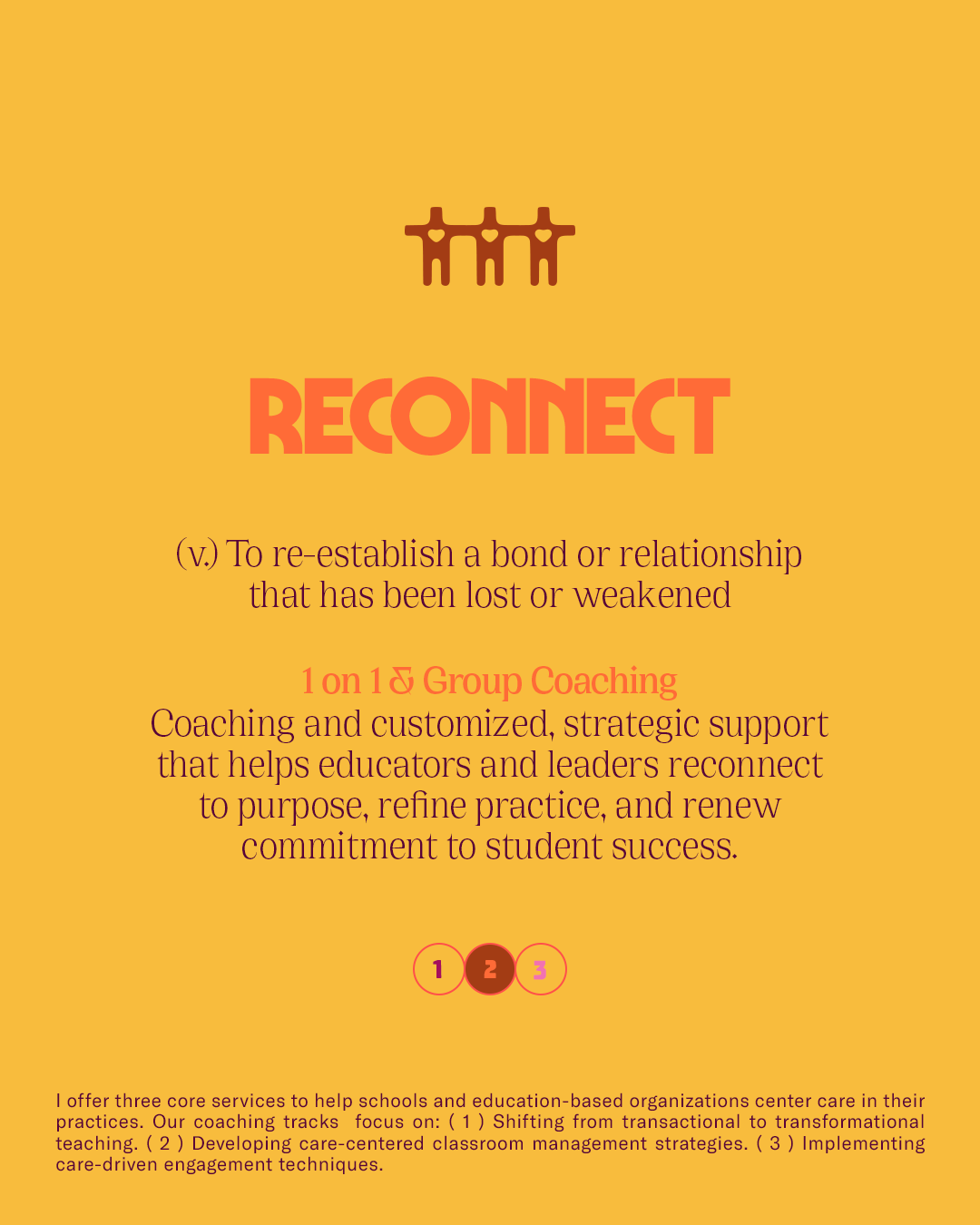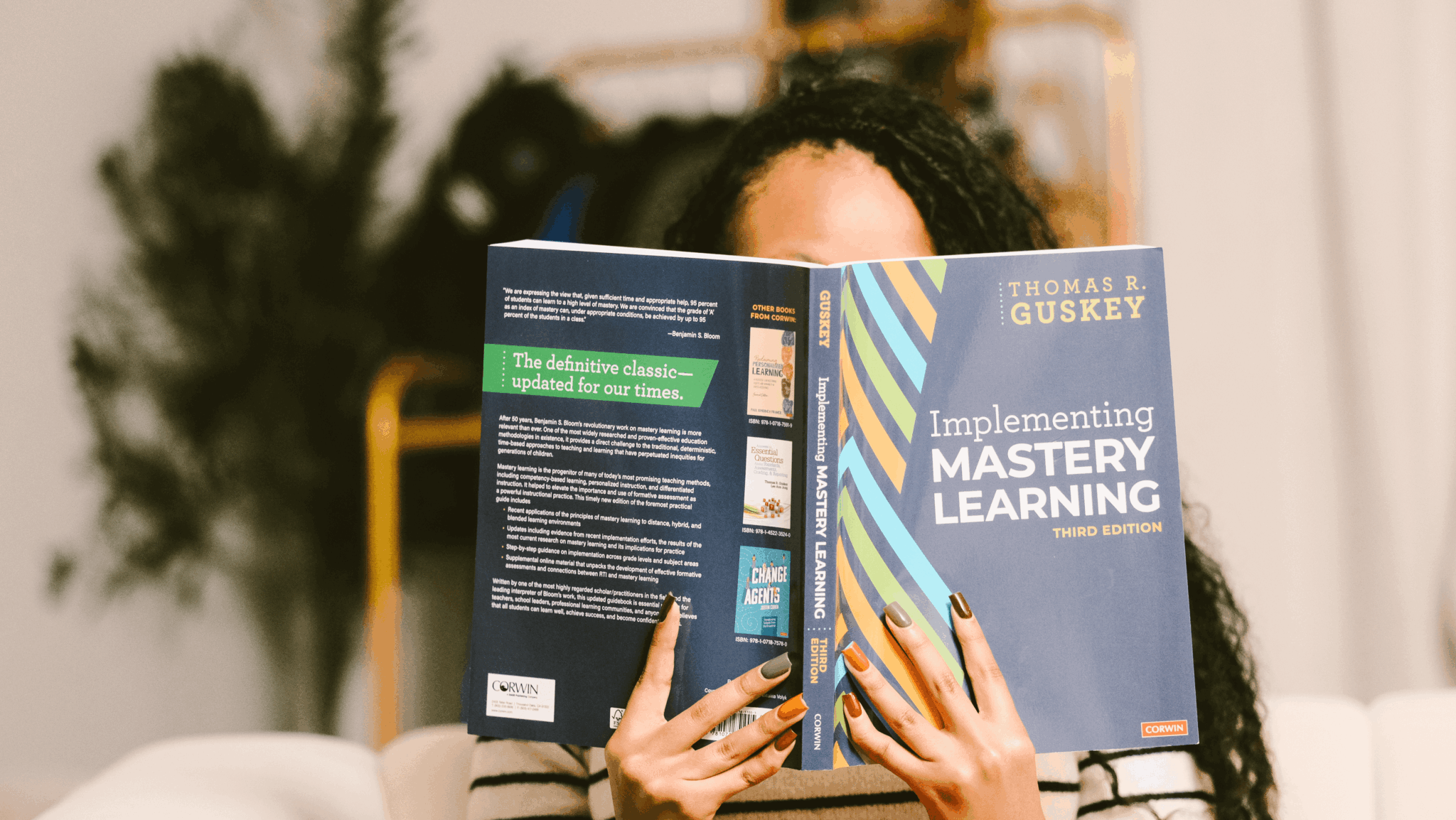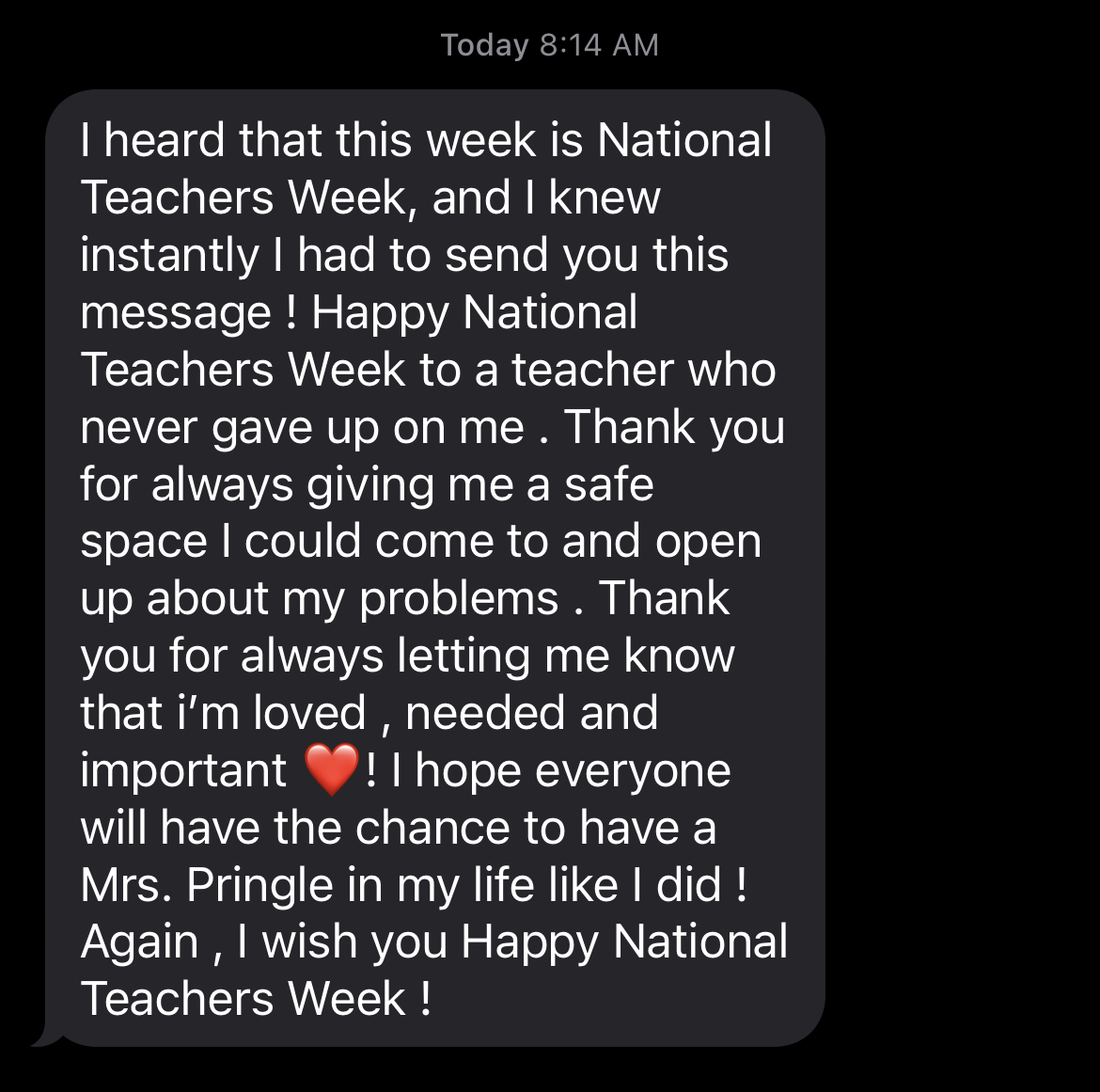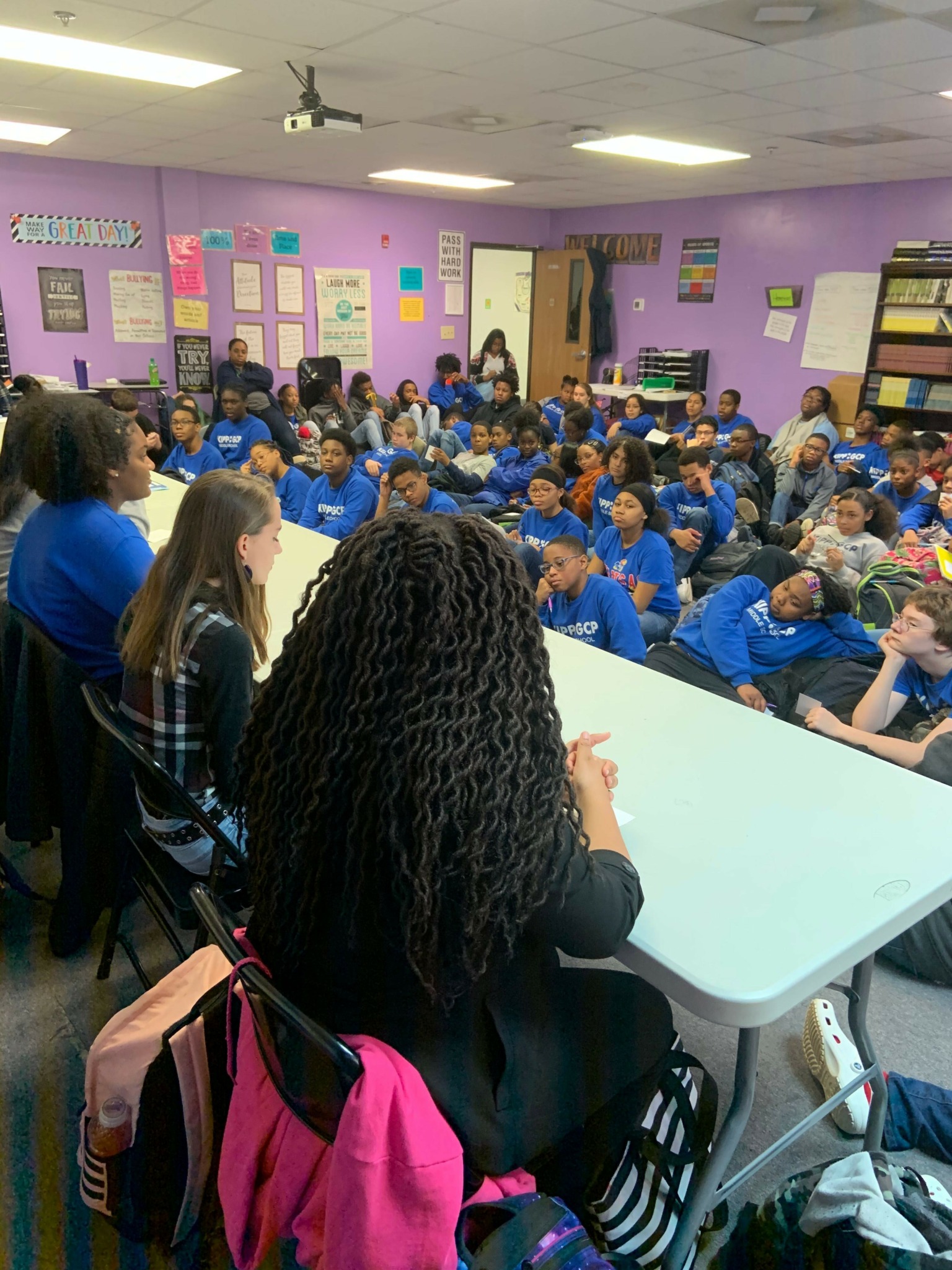We were lucky to catch up with La’Brea Pringle recently and have shared our conversation below.
Hi La’Brea, thanks for joining us today. Let’s start with the story of your mission. What should we know?
At Cltr.Ed Care Consulting, our mission is to partner with schools and education-based organizations to center care as a measurable, equity-driven practice—transforming curriculum, assessment, relationships, and engagement so that Black and Brown students feel seen, supported, and empowered to thrive. With a strength-based lens, we celebrate what’s already working, nurture existing brilliance, and co-create solutions that fill the gaps. Not only was the mission born out of my last decade of experience as an educator, but it is a true marriage of experience and history. We call this our “manifesto.”
Before desegregation, many Black and Latine students were nurtured in schools where care wasn’t a framework—it was survival. Classrooms were under-resourced, but rich in rigor, community, and cultural pride. In those spaces, students thrived because they were seen, known, and expected to succeed (Walker, 2000) (San Miguel, 2001). Desegregation, while intended to have a positive impact, came with displacement. Thousands of Black educators were pushed out of the profession (Tillman, 2004). Students were placed into schools that didn’t affirm their identities, trust their brilliance, or reflect their communities. Instead of redistributing power, desegregation redistributed people—without care. That disruption never ended—it just changed forms. Its consequences are still shaping classrooms today.
That’s why we’ve created the CARE Framework—a system for restoring what was lost and reimagining what’s possible.
Curriculum should affirm, not erase.
Assessment should reflect brilliance, not bias.
Relationships should be built, not assumed.
Engagement should feel like a right, not a reward.
We believe that care is not soft. Care is strategic. Measurable. Cultural. Political. And essential.
We are here to restore the conditions that allow Black and Brown students to thrive—not just survive.

Great, appreciate you sharing that with us. Before we ask you to share more of your insights, can you take a moment to introduce yourself and how you got to where you are today to our readers.
When I introduce myself, I usually lead with three things: I’m a proud Mount Vernon, NY native, a lifelong learner, and an educator by trade and by purpose. I’ve spent the last decade in education, working across classrooms, nonprofits, and school systems as a teacher, coach, and curriculum designer. But no matter the role, my mission has always been the same: to create spaces where students—especially Black and Brown youth—feel seen, valued, and supported.
I got into education because I grew up experiencing the power of representation and care firsthand. In middle school, all of my core teachers were Black. They didn’t just teach me subjects—they taught me I mattered. That season of my life showed me how pivotal the middle and high school years are, and how care during that time can shape who you become. That’s why I became a middle school teacher. Every day, I began class with the same affirmation: You are loved, needed, and important. I thought it was a simple reminder. But it became a revolution.
After years in the classroom, I launched The RICH Brand to help educators and creatives decolonize wealth and chase purpose. While that work is still close to my heart, I realized I was missing clarity around the problem I was truly solving. So I asked myself: What has excellence taught me? And the answer I kept coming back to—especially in feedback from my students—was care. Students don’t remember the lesson plans first. They remember how I made them feel.
That clarity led me to start my consulting business, where I help schools and education-based organizations center care as a measurable, equity-driven practice. I provide care-centered audits, coaching, and professional development rooted in the belief that care isn’t a soft skill—it’s a strategy. I call this framework the CARE Levers: Curriculum, Assessment, Relationships, and Engagement. These are the areas I evaluate and support schools in transforming.
My doctoral research focused on self-determination theory (SDT)—a psychological framework that says people thrive when their needs for autonomy, competence, and relatedness are met. When I applied this to education, it all made sense: students who feel cared for—who feel like they matter—are more likely to show up, engage deeply, and succeed both academically and socially. The research backs this up:
Autonomy: When students feel they have choice and agency, they’re 50% more likely to be self-motivated in school.
Competence: Students who feel supported are 2.5x more likely to report high academic self-esteem.
Relatedness: Students who feel connected to their teachers perform up to 11 percentile points higher, and are 68% more likely to graduate.
I believe care is the difference between surviving school and being transformed by it. And that’s what sets my work apart. I’m not just helping schools improve performance—I’m helping them reimagine what it means to lead with care in every policy, practice, and interaction.
My core services include:
Recalibrate (Audit Services): A deep-dive into your curriculum, assessment, relationships, and engagement practices to identify what’s working, what’s not, and where care can be amplified.
Revive (Professional Development): Interactive workshops and trainings that equip educators to design and deliver care-centered instruction that drives engagement and equity.
Reconnect (Coaching Services): 1:1 and small group coaching for educators and leaders seeking to implement care-centered practices in real time—with accountability and support.
What I’m most proud of is that I’ve never strayed from my purpose. Whether I’m speaking at conferences, coaching school leaders, or designing a curriculum, I’m always chasing the same goal: to build spaces where Black and Brown students don’t have to earn care—it’s already embedded.
At the end of the day, I want people to know that care is not fluff. It’s a force. And when we center it, we don’t just improve schools—we transform lives.

Learning and unlearning are both critical parts of growth – can you share a story of a time when you had to unlearn a lesson?
A lesson I had to unlearn is that care had to be earned. Growing up in a system shaped by performance-based praise and perfectionism, I internalized the belief that being cared for was a reward—not a right. This belief quietly followed me into my career. In my early years as a teacher, I noticed that if students weren’t “showing up” in traditional ways—if they weren’t respectful, attentive, or engaged—then my care tended to be conditional if I’m being completely honest. We may have experienced this as children in school before (especially in urban school districts). Our teachers may have gotten fed up and said something to the effect of, “I have my degree already, you don’t!” Or, “I can sit here and wait all day and not teach. I don’t need this lesson — you do!” I never regurgitated these things that were said to me as a student, however, I would shut down, or maybe I would assign silent work as to take away an engaging lesson as a consequence. But I quickly realized how backwards that was.
Teaching taught me that the act of teaching isn’t just about rerouting mastery, it’s about energy. The energy you present is easily reciprocated; and if you’re not intentional about the energy you’re giving your work, you risk an opportunity to eliminate the presence of care altogether. IIt wasn’t until I began making intentional changes in my teaching practice that I really saw the lesson unfold. I started modeling the energy I wanted to see in the room, researching ways to make the curriculum more accessible and inclusive, and introducing data notebooks so students could track their own growth. I diversified how I assessed learning, created space for mental health check-ins, and even made a habit of calling home just to celebrate students’ wins. I pushed myself to be more engaging—and when it felt hard to do that authentically, I told my students the truth. I was showing up differently. But what shifted things wasn’t just the research-based strategies. It was how those efforts made students feel. They didn’t respond because the methods were “best practice”—they responded because those practices made them feel cared for.

Can you tell us about what’s worked well for you in terms of growing your clientele?
One of the most effective strategies has been having a ready, digestible, and approachable elevator pitch—something I can offer confidently whether I’m at a conference, a coffee shop, or catching up with someone at brunch. Networking isn’t limited to formal events. Some of my best connections have come from everyday conversations where someone simply asks, “What do you do?” and I’m able to share my work in a way that’s clear, grounded, and rooted in purpose.
But beyond that, I’ve learned that modeling care in how I interact with people is often more impactful than what I say. I try to lead with presence, generosity, and a posture of listening. That energy often opens the door to deeper conversations and curiosity. When people experience care from you—even in passing—it creates space for connection and collaboration.
And lastly, excellence sustains growth. I pour deeply into the experience of my existing clients so they feel seen, supported, and equipped. When you deliver with consistency, clarity, and care, people will recommend you. Referrals from satisfied clients have been the most powerful and authentic form of growth in my business so far.
Contact Info:
- Website: Under construction, but re-releasing on July 7th! (cltredcare.com)
- Instagram: @cltredcare
- Linkedin: https://www.linkedin.com/in/dr-la-brea-pringle-135503236/



Image Credits
Headshots: Muhammad Floyd
Graphics: Jephthe Ferdilus


